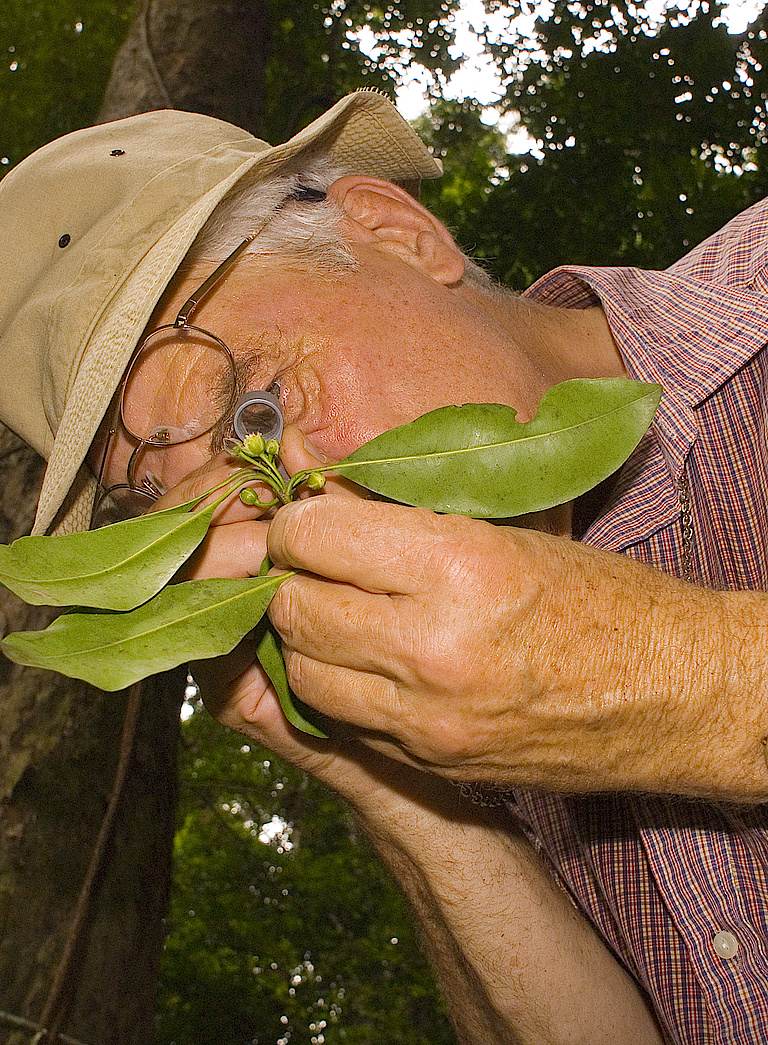Intellectual property is extremely relevant to ABS mechanisms. Results of esearch and development with commercial potential based on genetic resources and associated traditional knowledge will eventually be subject to Intellectual Property Rights (IPRs), usually through patents and trade secrets.
However, many providers of genetic resources perceive IPRs granted to the users as a threat, a powerful means for corporations to illegitimately gain ownership over genetic resources and associated traditional knowledge. Indeed, several cases of misappropriation of genetic resources or traditional knowledge, for instance through legal challenges and revocations of illegally granted patents, hit the headlines in the past. As one possible answer on these cases, India built up the Traditional Knowledge Digital Library (TKDL) to protect Indian traditional medicinal knowledge and prevent its misappropriation at foreign patent offices. As of 2021, almost 250 patents were withdrawn or changes based on the information provided by the TKDL.
But this is only one side of the coin. The other reality is that IPRs can be strong tools for successful and regulated commercialization of products based on genetic resources and associated traditional knowledge. When IPRs and ABS measures are applied synergistically, benefit-sharing with the original providers could be increased.
When implementing the Convention on Biological Diversity (CBD) and the Nagoya Protocol, other international agreements and processes dealing with intellectual property issues need to be considered. The Agreement on the Trade-related Aspects of Intellectual Property Rights (TRIPS) and the Patent Cooperation Treaty (PCT) establish, for example, the basic requirements for the protection of intellectual property. In addition, relevant discussions and negotiations take place in the Intergovernmental Committee on Intellectual Property and Genetic Resources, Traditional Knowledge and Folklore (IGC) of the World Intellectual Property Organisation (WIPO).
Through workshops and publications, the ABS Initiative has increased stakeholder awareness and in-depth understanding of the linkages between IPRs and the related institutional landscapes. Special target groups are the National ABS Focal Points and indigenous peoples and local communities (IPLCs).
